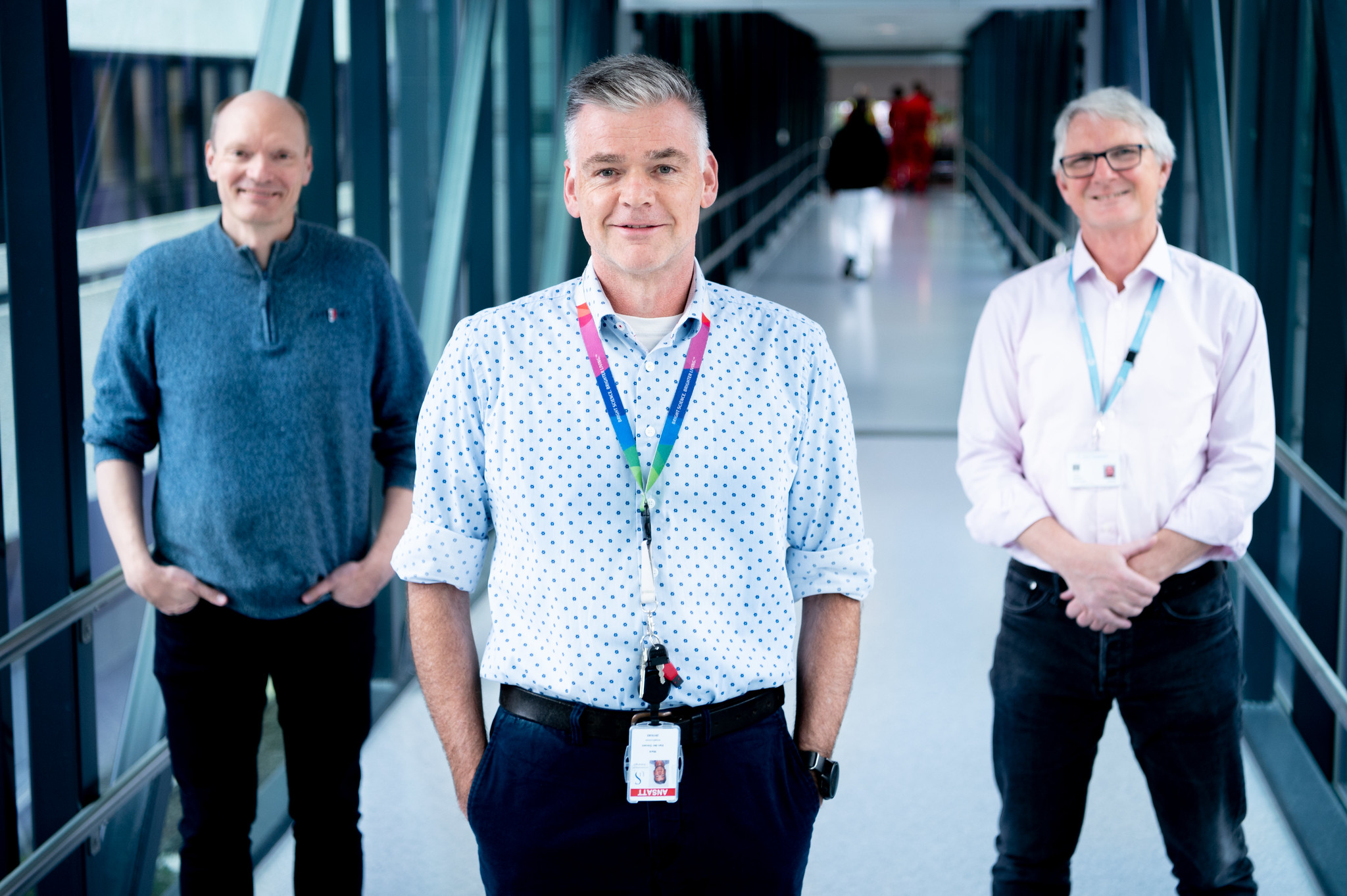University of Stavanger (UiS) and Stavanger University Hospital (SUS) will work together to find solutions for patients with chronic intestinal diseases.

On 22 December, the Research Council of Norway announced that they are providing support for a new interdisciplinary research project at UiS and SUS. The total budget for the project is NOK 42 million (in-kind included), and 15-20 researchers will be involved in the work over the next 3-4 years.
Parasite or helper?
When people suffer from severe intestinal problems, the hospital often examines the patient's stool to look for clues. If the hospital laboratory finds small organisms called microbial eukaryotes, they are often thought to be the cause of the disease and the patient is given medication to remove these parasites. In this research project, the researchers will take a closer look at such a parasite called Blastocystis.
"We are in doubt whether it is actually a parasite. In previous studies, Blastocystis has been found in a large proportion of people without intestinal problems. Also, when we give Blastocystis to rats that have severe intestinal disease, the symptoms are less severe compared to rats that have not had Blastocystis. To prevent people from being treated for something that did not make them sick, we want to investigate this thoroughly," explains Mark van der Giezen, professor at the Department of Chemistry, Bioscience and Environmental Engineering at University of Stavanger.
The researchers will look at the distribution of Blastocystis in a large Danish study group that includes over 7,000 people, the largest study of Blastocystis ever.
"We will also look for Blastocystis in a large Norwegian clinical study of inflammatory bowel disease, where we examine 700 patients. This study takes place at SUS. We will also try to find out if cancer patients who receive immunotherapy are more or less likely to develop severe intestinal disease if they have Blastocystis or not. Finally, we will conduct studies on rats that we can infect with Blastocystis and then induce intestinal disease. Then we can study in a controlled way whether Blastocystis makes the symptoms better or worse," says van der Giezen.
Widespread disease in Norway
Norway is one of the countries in the world with the highest incidence of so-called inflammatory bowel disease (IBD). IBD is a chronic inflammation of the gastrointestinal tract in which the immune system attacks patients' intestinal tissue. IBD affects around 28,000 people in Norway and significantly affects the quality of life of the patients.
"Our gut contains millions upon millions of microbes, and there is a difference between IBD patients and healthy people. We are not sure what role these microbes play in disease progression. However, we know that Blastocystis may actually be beneficial for these patients. This large interdisciplinary project gives us the opportunity to thoroughly investigate the role of this microbe in patients with IBD," says Mark van der Giezen.
About the project
The project is a collaboration between researchers and clinicians. Gastroenterologists from Stavanger University Hospital (SUS) take care of the clinical aspect, while molecular microbiologists from the University of Stavanger (UiS) use modern sequencing methods and bioinformatics to decipher the microbes in the intestine. This helps the researchers to understand the microbial composition of IBD patients based on the large clinical study from SUS. Since a large proportion of cancer patients who receive immunotherapy develop serious side effects in the stomach and intestines, the researchers will also collaborate with the oncology department at SUS. If studies of the intestinal microbes of cancer patients before immunotherapy can predict who is at risk of developing side effects, the study will have great clinical relevance.
International partners are the Danish Institute of Public Health (Statens Serum Institut) and the Biology Centre of the Czech Academy of Sciences in Ceske Budejovice.
"This strong group of international clinicians and researchers is able to tackle an interdisciplinary problem that we could not have solved as well if we had worked separately. That we have succeeded in obtaining this funding for UiS and SUS is also proof of our position as a clinical and biomedical research arena," van der Giezen concludes.
Text: Kjersti Riiber